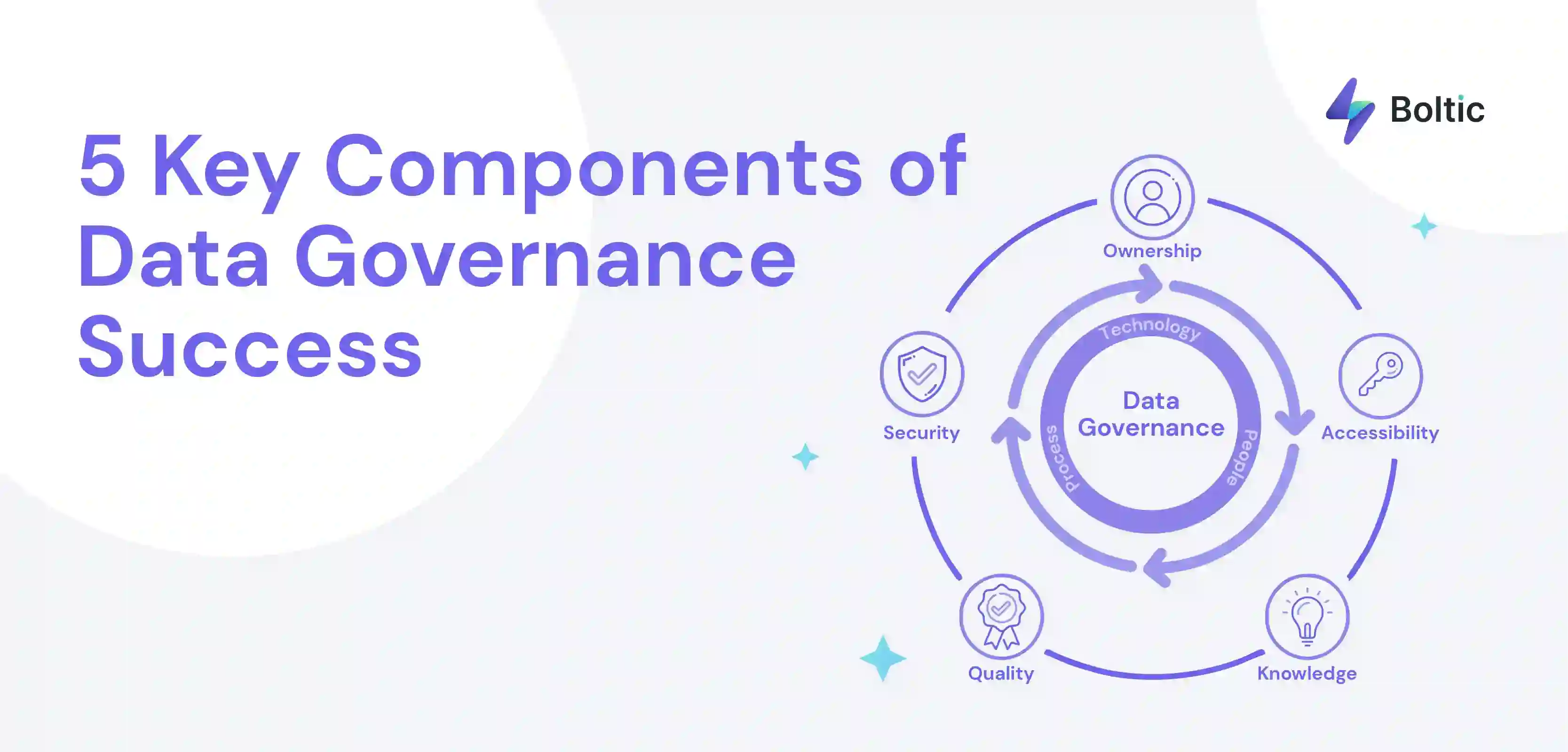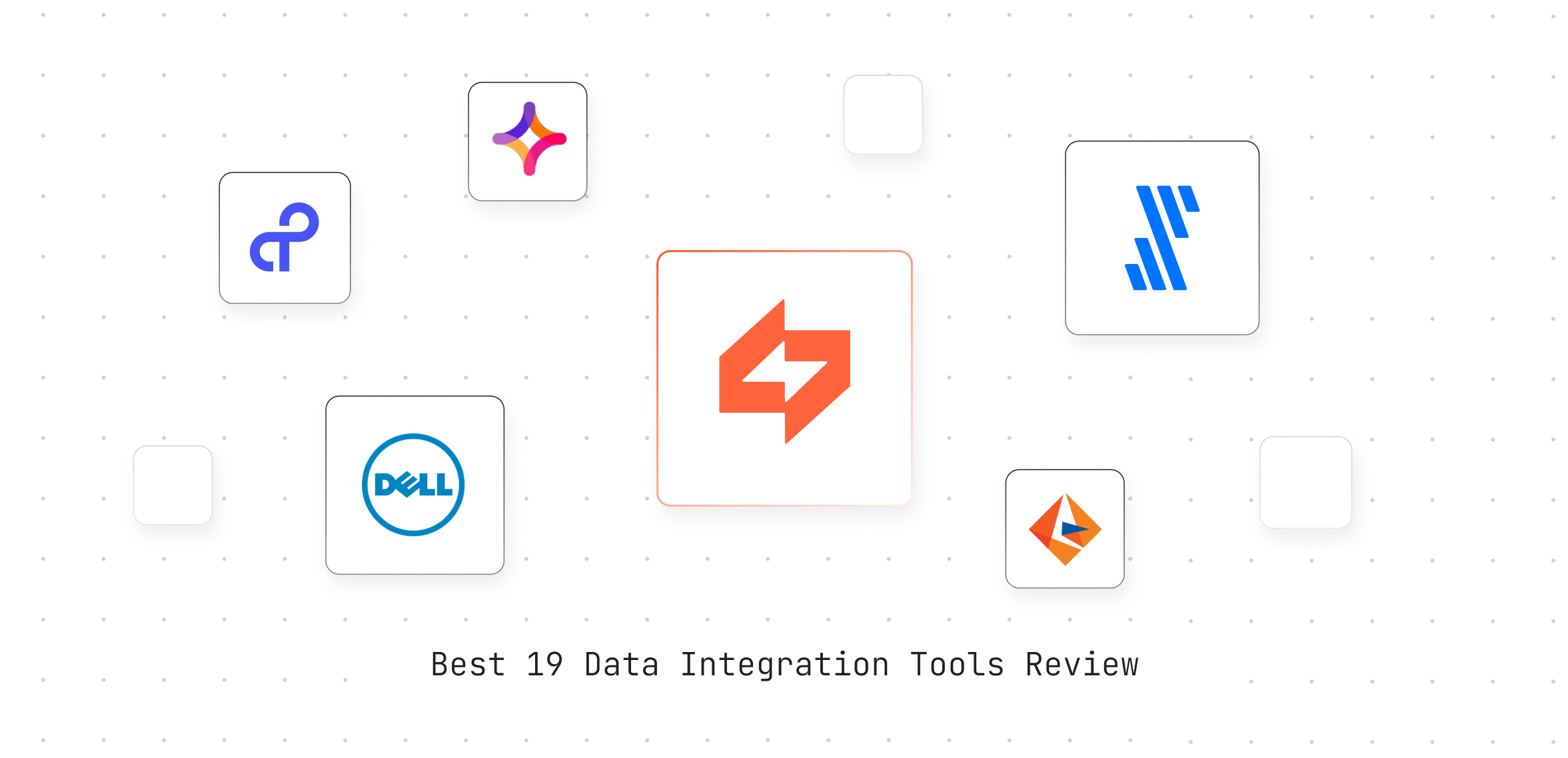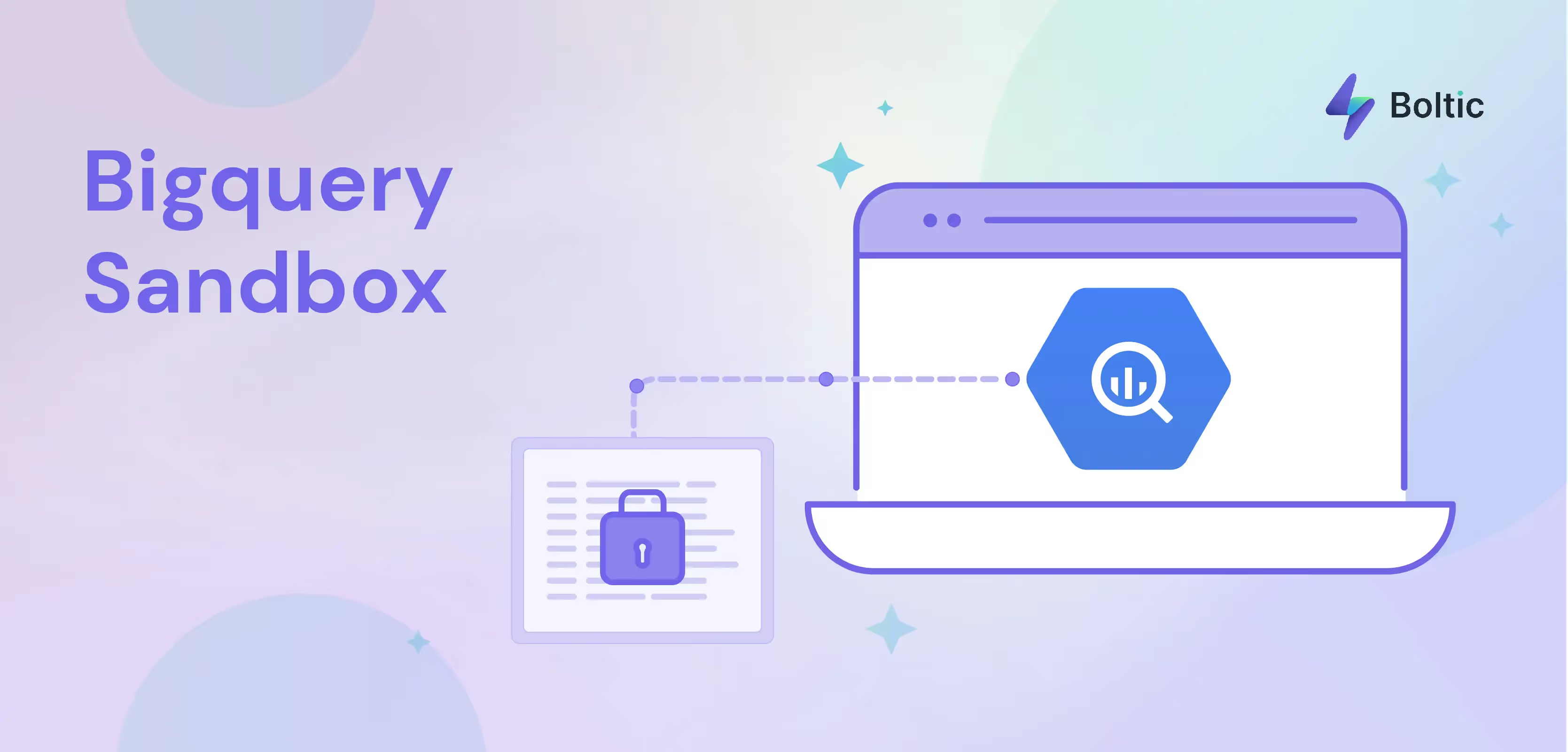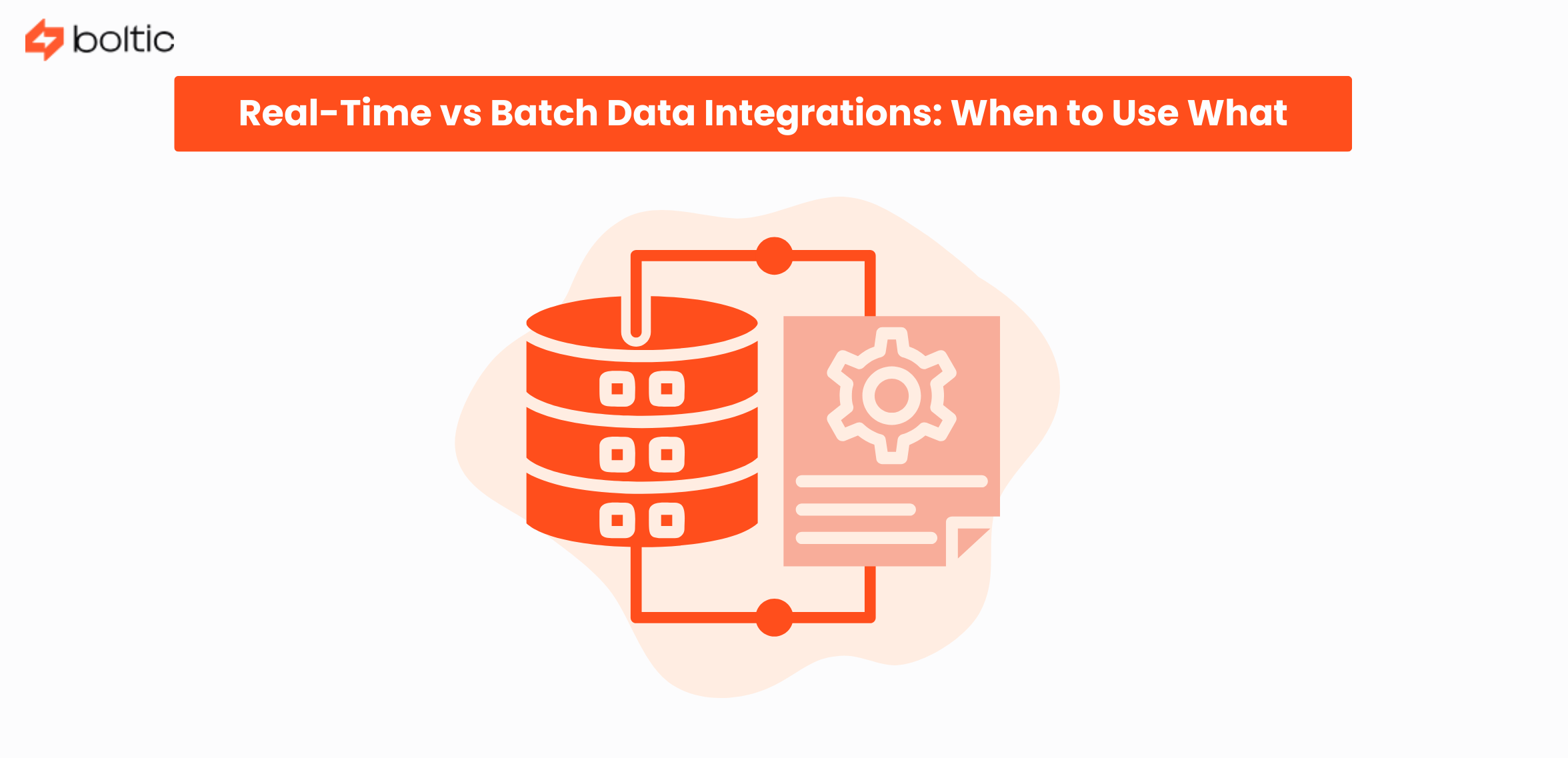Data Governance is a set of practices and principles that defines who has power and control over data and how the data assets can be used within an organization. It includes people, processes, and technologies needed to manage and safeguard the data assets. According to Forbes, approximately 2.5 quintillion bytes of data are generated every day, necessitating the use of data governance service to ensure that an organisations data assets are properly protected and efficiently managed.

Why is Data Governance important?
Every leader in the industry knows the importance of data. Without it, how do they know who their customers are? how much money do they make? How do they know if customers like their products and services? All in all, data is key to understanding the market and customers. However, it's difficult to manage a successful business with poor data management. Good data governance ensures that data is usable, accessible, and trustworthy, enabling it to generate value.
.png)
Data Governance is also important for regulatory compliance, ensuring that organisations consistently meet all obligatory regulatory levels. This is vital for reducing cost expenses and eliminating risks. By incorporating data governance in a business model, you can improve data quality, reduce data management costs, and increase data access to all stakeholders. At its core, data governance defines who is responsible for what and who controls how data is managed.
Strong data governance standards make data more accessible and trustworthy. With good data governance, users can consume data in a more actionable way, and diverse departments like the product team, sales team, and customer service are empowered to use data effectively. Data Governance is one of the most important parts of the data management program. It includes elements for each knowledge area that meet the data management needs. Here are the 5 essential components of data governance.
.png)
1. People
The cornerstone of every data governance program is the data stewards, specialists, and other important business and IT users. They all are domain-knowledgeable individuals responsible for designing and maintaining the workflows to ensure the company's data governance requirements are met.
2. Data planning
Creating an organizational data strategy is crucial in the data management process. Still, many organizations are unaware of the need of having a well-documented data plan. A data strategy is a document that specifies the companies data requirements as well as a plan for achieving those objectives.
3. Data processes
Data governance processes enable people to verify that your data is effectively managed across the organization, ensuring that your important business decisions rely on trusted data. Data processes address the following questions- Are your data definitions, standards, and objectives appropriate? Have you updated your business processes and evaluated your business rules that they can seamlessly integrate data governance and offer meaningful results.
4. Data protection regulations
Data protection regulations are a top-level set of statements that describe expectations and expected results, intending to influence or direct data habits at a business level. Data governance policies are established through data governance initiatives. Outbound data sharing, regulatory conformity, and other policies are a few examples of data policies.
5. Technology
The data governance program requires various technologies to automate and scale data governance processes. The Incorporation of technologies in the data governance program simplifies the process of scanning databases, management of metadata, decision trees, automating the data stewardship process, and many more.
Summary
Data is arguably a crucial asset that companies have. With strong data governance, you can use your data in a more actionable way. Data governance tools help you achieve the data objectives without compromising security and accessibility. These tools help businesses in maintaining a uniform set of policies, allowing them to effectively manage, monitor, and regulate data movement.
drives valuable insights
Organize your big data operations with a free forever plan
An agentic platform revolutionizing workflow management and automation through AI-driven solutions. It enables seamless tool integration, real-time decision-making, and enhanced productivity
Here’s what we do in the meeting:
- Experience Boltic's features firsthand.
- Learn how to automate your data workflows.
- Get answers to your specific questions.

.avif)









